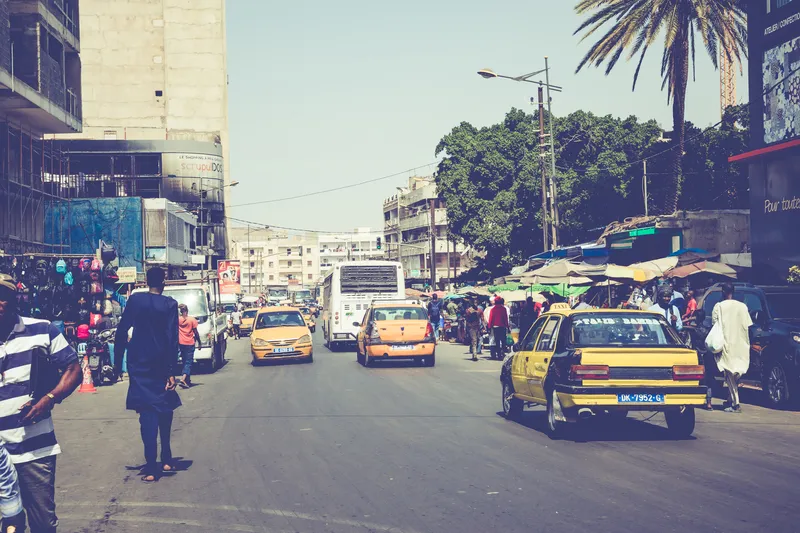
GRSF is a global partnership programme administered by the World Bank which seeks to address road traffic deaths and injuries.
Total – a global programme which seeks to develop communities – says the project will assist countries like Cameroon, Kenya and Uganda expand the use of data for better targeting of road safety treatments and better monitoring. The initiative is also expected to improve the data provided to the Africa Road Safety Observatory while also offering learning opportunities between countries.
Soames Job, head of GRSF, says: “GSRF and Total Foundation are working together in this project to deliver improved capacity for road safety data collection, storage, analysis and usage in Africa, to deliver evidence-based approaches to road safety policies and projects.”
Manoelle Lepoutre, senior vice president, civil society engagement at Total, says: “We also want to help make the collection and analysis of road accident-related data more professional, to be able to implement the appropriate measures and fight this scourge more effectively.”










